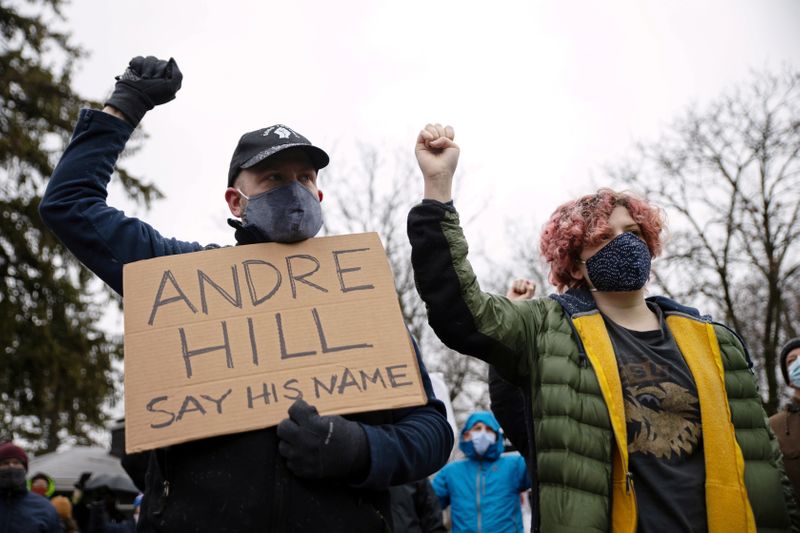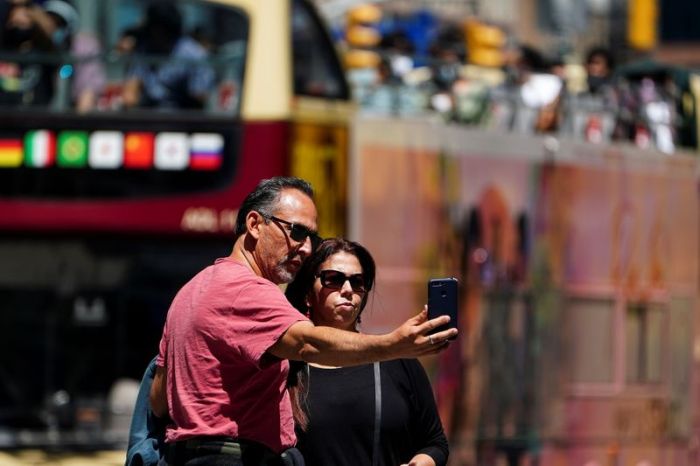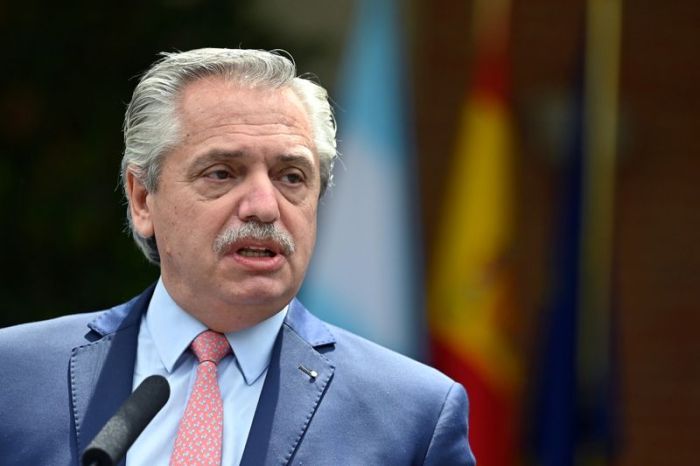(Reuters) -The city of Columbus, Ohio said on Friday that it reached a $10 million settlement with the family of Andre Hill, an unarmed Black man fatally shot in December by a police officer who was subsequently fired and indicted.
Hill, 47, was shot and killed by Adam Coy, a 44-year-old white man, on Dec. 22. Coy, a 19-year-veteran of the Columbus police force, was responding to a non-emergency nuisance call about car noise.
Footage from Coy’s body-worn camera showed Hill emerging from the shadows of the garage holding up a glowing cell phone in one hand before Coy opened fire on him. Hill died a short time later at a hospital.
Columbus City Attorney Zach Klein called the settlement the largest of its kind in the history of Ohio’s capital city.
“No amount of money will ever bring Andre Hill back to his family, but we believe this is an important and necessary step in the right direction,” Klein said in a statement.
“Now all those involved can begin to heal,” Hill’s family said in the same statement.
A series of police killings of Black people have highlighted longstanding accusations of racial injustice in U.S. law enforcement.
Last summer, high-profile deaths in Minneapolis, Atlanta and Louisville and elsewhere triggered nationwide protests that pushed police reform to the top of the U.S. political agenda.
Coy, who was fired by the police force a week after the shooting, was indicted by a grand jury on one charge of murder, one charge of felonious assault and two counts of dereliction of duty on Feb. 3.
Coy pleaded not guilty to the charges two days later. WSYX, an ABC affiliate in Columbus, reported that he was released from jail on a $1 million bond on Feb. 9.
Coy told other police officers that he thought Hill was holding a gun and he feared for his life.
Ohio Attorney General Dave Yost said in February that no weapons were found at the scene.
In addition to the financial settlement, the City of Columbus will rename the gymnasium located inside a community center, the Andre Hill Gymnasium, Klein said.
(Reporting by Brendan O’Brien in Chicago; edited by Diane Craft, Cynthia Osterman and John Stonestreet)

























